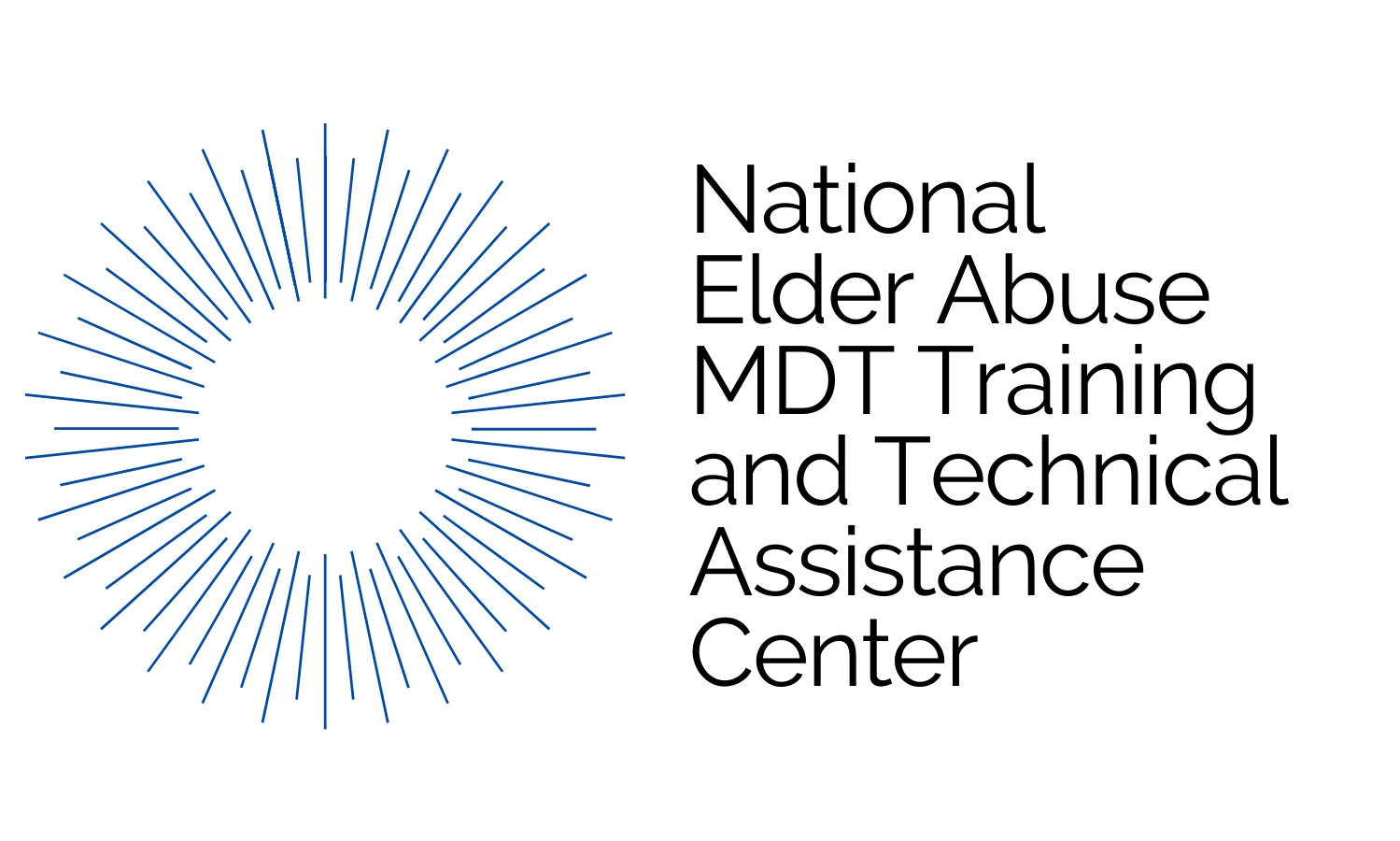
Israel Del Toro is the Neighborhood and Business Services Administrator for the City of Pasadena, California. Israel co- chairs the Pasadena Elderly and Dependent Adults Liaisons (PEDAL), in partnership with the Pasadena Department of Public Health, and Israel facilitates weekly meetings.
The Pasadena Elderly and Dependent Adults Liaisons (PEDAL) MDT was established in October 2021 to improve local responses to elder abuse and substandard care in long- term care residential facilities. PEDAL works on E-MDT case reviews of abuse occurring in long-term care facilities. PEDAL’s mission is to improve the quality of life for elders and dependent adults residing in long-term care facilities through education, community outreach, code enforcement, and prosecution.
Although the City of Pasadena does not have direct oversight of SNFs or ALFs or authority to enforce regulatory standards, PEDAL leverages City and partner agency resources to advocate for improved regulation and responses to issues reported to member agencies.
PEDAL members include representatives from the City Manager’s Office; Pasadena Public Health, Fire, Police, and Planning & Community Development Departments; Code Enforcement; City Prosecutor’s Office; WISE and Healthy Aging Long-Term Care Ombudsman Program; Huntington Hospital; and the University of Southern California.
A central activity of the PEDAL team is coordinated facility inspections, and weekly meetings are the forum where members discuss their observations, historical documentation, and develop a coordinated approach. Preventative education and outreach to facility operators is conducted citywide when systemic issues are identified by way of Critical Incident Bulletins (CrIBs) that offer targeted reminders to operators about regulations and resident rights.
Achievements and Success Stories
Recently, PEDAL team members and staff involved in facility inspection completed a three-day training in Motivational Interviewing to improve effective communication with ambivalent facility operators.
In an effort to bring important messaging regarding elder financial abuse to the greater Pasadena population, the PEDAL team has worked cooperatively with the Pasadena Department of Transportation in installing public service announcements in English and Spanish at 20 bus stop shelters citywide, and inside 26 Pasadena transit buses.
The PEDAL team is in the process of hosting a training symposium for skilled nursing facilities (scheduled for May 31, 2023), including educational presentations from the Pasadena Public Health Department, Pasadena Fire Department, Huntington Health, and WISE & Healthy Aging (Ombuds Office).
In an ongoing effort to provide information and transparency to constituents, the PEDAL website has been expanded to include a new Facility Information and Complaint Resources Portal that provides direct access to the California Department of Social Services (CDSS) and California Department of Public Health (CDPH) information for each facility and complaint resources.
The PEDAL website also includes several new “Critical Information Bulletins” intended to provide operational guidance to staff at skilled nursing facilities. The Critical Information Bulletins are produced from time to time on an ad-hoc basis and are intended to comprise an expanding compendium of resource information for industry professionals and other interested persons.
Challenges
A continued challenge for PEDAL is the limited statutory oversight of long-term care facilities. This is addressed through leveraging the combined influence of partner agencies alongside ongoing monitoring of facilities with the most egregious issues, offering technical assistance to facility operators, where appropriate.
Quick Tip for E-MDT Coordinators
Weekly PEDAL meetings are a time to move forward on team objectives, but also for maintaining and developing relationships among team members. Because discussing content of egregious abuse and violation of resident rights can be difficult, it’s essential to allow room for humor and camaraderie.
Burning Question for E-MDT Coordinators
To our knowledge, PEDAL is the first MDT focusing exclusively on long-term care facilities. How often do other elder abuse E-MDTs review cases of abuse occurring in long-term care facilities, and how is the response and approach different from cases of community-residing older adults?





